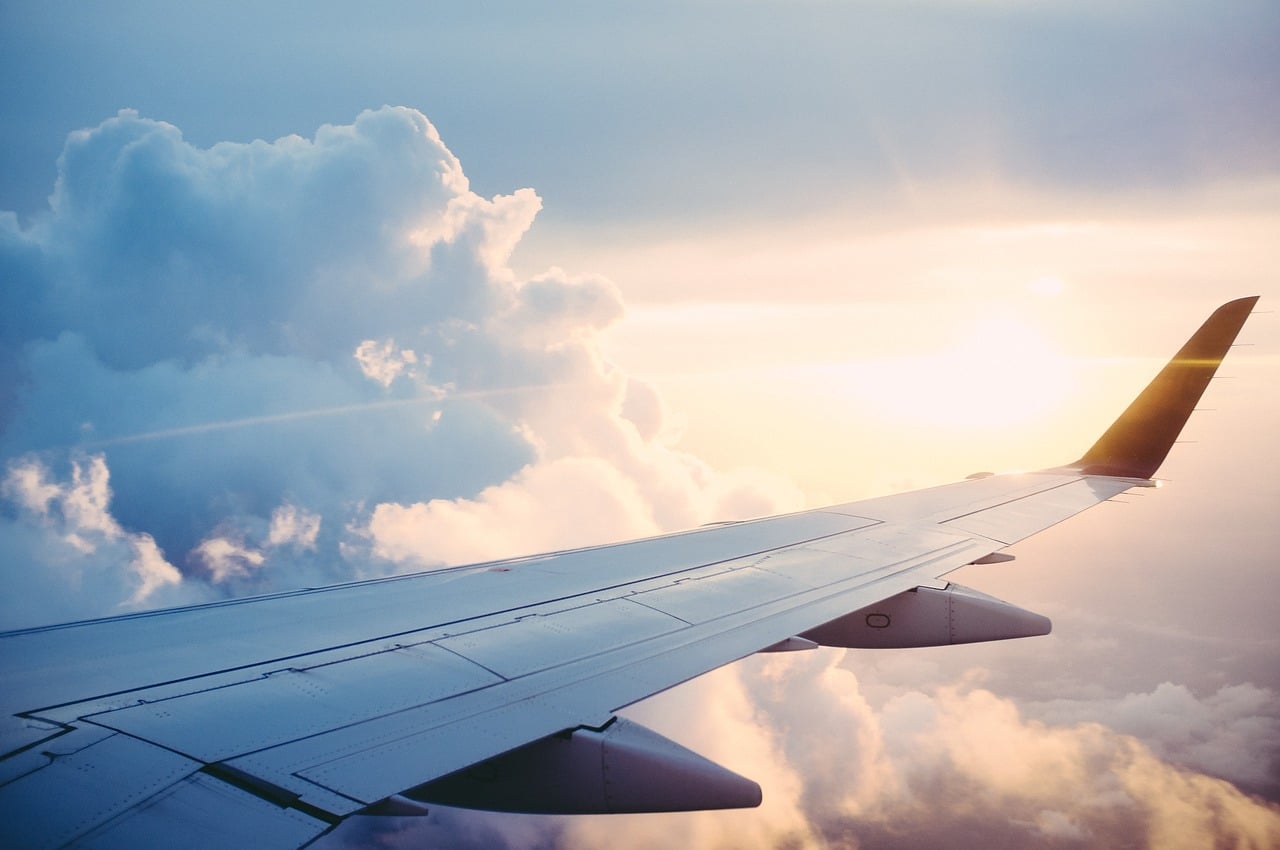- Countries who depend on tourism were some of the hardest hit by the coronavirus pandemic as global tourism dropped by almost 80% in the first half of 2020.
Q4 2020 hedge fund letters, conferences and more
- Several tourism-dependent countries have put measures in place to offset the effects of the pandemic on their tourism sector and their economy as a whole.
- As travel restrictions are gradually being lifted, tourism-dependent countries, specifically those with remote tourism destinations, may become more popular tourism destinations.
Before the pandemic, the global tourism industry was a major sector contributing to the global economy, accounting for 10% of global GDP and more than 320 million jobs worldwide. The pandemic has put 100 million jobs in jeopardy, majority of which are in micro, small and medium-sized tourism enterprises.
How have countries who depend on tourism been affected by the pandemic?
Tourism-dependent countries will most likely be affected by the pandemic for much longer than other countries who are not solely dependent on their tourism economy. The reason is simple. Contact-intensive services form part of the internal fabric of tourism and the travel sector, which unfortunately for countries who depend on tourism, needed to be put on hold due to the nature of the pandemic and will most likely continue until people feel safe to travel in masses again.
In the first half of 2020, global tourism and travel dropped by almost 80% and lost $1.2 trillion in revenue. The consequences for tourism-dependent countries, including various African countries, Caribbean nations and certain Pacific Island nations, were severe as their economies and GDP continued to decrease as the pandemic ensued.
How are tourism-dependent countries planning to recover?
Various tourism-dependent countries are working to finance a variety of policy measures to soften the impact of plummeting tourism revenues on households and businesses. Cash transfers, grants, tax relief, and loan guarantees have all been part of such governmental policy measures.
Other tourism-dependent countries have opted for very specific approaches. Seychelles, for example, benefited from an increase in tuna exports during pandemic to offset tourism losses, while in Barbados the government is attempting to reduce social spending and reprioritize capital spending in order to create jobs in non-tourism sectors.
With global travel restrictions slowly being lifted, many tourism-dependent countries have also started reopening their borders. However many have also drafted and approved very specific travel admittance programs which would admit tourists from low-risk countries with special quarantine requirements or allow admittance on the condition that tourists are able to provide proof of a negative COVID-19 test.
While many tourism-dependent countries are implementing recovery strategies to boost travel and tourism, there are many lesser-known tourist destinations that need tourism if they are going to survive the pandemic.
In the hidden parts of Europe, where tourism accounts for 10% to 12% of its GDP, in Spain are the Medieval ruins in Albarracini and the Sierra Nevada in Capileira. In Croatia there are quaint historical villages and vineyards, and on the Peljesac peninsula near Dubrovnik is the Edivo Winery, the world’s first underwater winery. In Asia and the Pacific region, there are breath-taking gardens, historic neighbourhoods and beautiful temples, and in Fiji, where tourism accounts for almost 30% of the country’s GDP, are all sorts of cultural villages with traditional Fijian houses, compost toilets and never-ending gardens.
Destinations such as these are isolated tourism destinations which did not experience an influx of tourists on a regular basis even before the pandemic. Yet now, considering people’s hesitancy of travelling to popular holiday destinations, these destinations may be the perfect places for people now that countries are lifting travel restrictions.
What is the future for tourism-dependent countries?
It is very difficult to predict the future of the tourism industry and how tourism-dependent countries will fare during and after the pandemic. But slowly, with countries lifting travel restrictions and opening their borders, tourism-dependent countries may well recover after the pandemic, but with so many people still hesitant about travelling in masses, like flying for example, global tourism is not likely to return to the levels it was prior to the pandemic any time in the near future.






